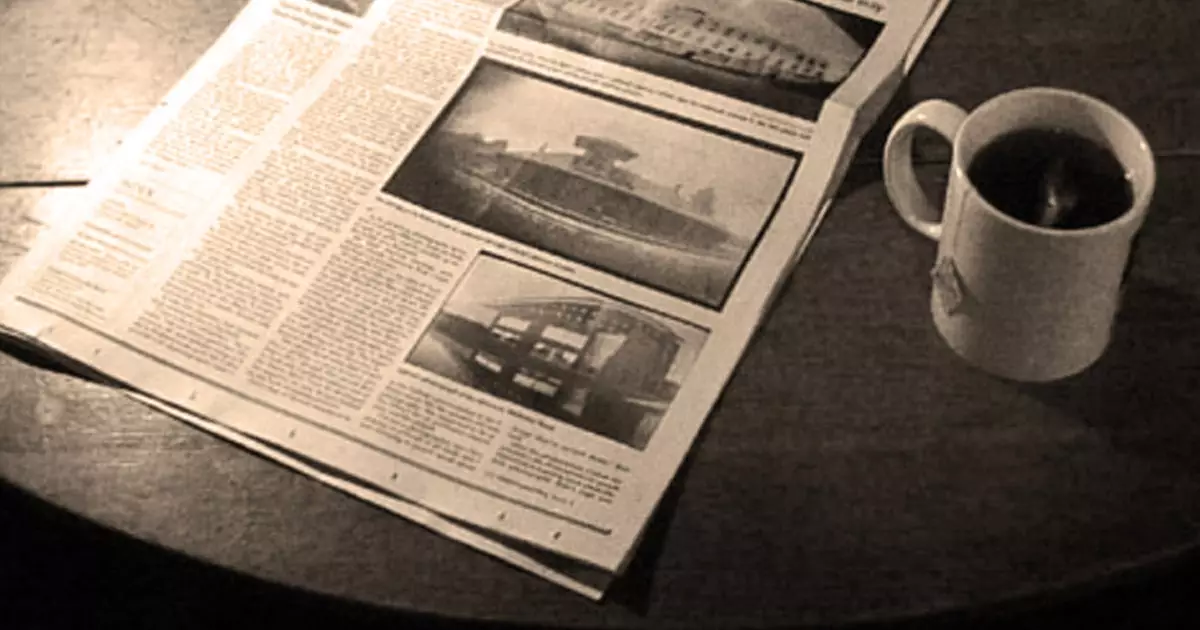Creating a demo for a big showcase or event can be a daunting task for game developers, as highlighted by Luke Plunkett in his interview with ‘Albert’, an anonymous industry vet. The pressure to deliver a polished and enticing teaser, even when the project is in its nascent stages, can lead to what ‘Albert’ describes as “100% Grade A Bullshit”. This sentiment resonates with many developers who have been in similar situations, where external pressures from publishers or marketing teams lead to misleading representations of the final product. It is a demoralizing experience when developers have little control over the content being showcased and are aware of the gap between promises made and actual deliverables.
In her article for Unwinnable, Jay Castello delves into the world of Supergiant Games, particularly focusing on the intricate landscapes and characters in the game Pyre. While comparing it to the Hades series, Castello emphasizes the narrative depth and organic world-building present in Pyre. The Downside is not merely a series of levels filled with enemies but a vividly imagined world with its own unique environments and atmospheres. The inclusion of a wagon as a home base adds a sense of comfort and familiarity to the journey, grounding the characters and enhancing their narrative arcs.
Keith Stuart’s piece for The Guardian sheds light on the enthusiasts who are recreating the PDP-10 mainframe computer, the platform on which the classic game SpaceWar! was designed. The meticulous attention to detail in replicating the machine’s hardware and functionality is truly remarkable. The use of LEDs to simulate the glow of original incandescent lamps showcases the dedication and passion of the creators. The project illustrates a commitment to accuracy and historical authenticity, even down to the minutest details of the computer’s operation.
House of the Dragon: A Promising Return
The return of House of the Dragon has generated excitement among fans, with the first season receiving positive reviews. Despite any reservations viewers may have, the recommendation to give it a chance is a testament to the show’s potential. For those hesitant to jump back into the series, recap videos like those from Glidus offer a convenient way to catch up on the story and characters. The anticipation for the new season is palpable, promising more twists and drama in the world of Westeros.
Brendy’s recommendation of ‘Orientalism: Desert Level Music vs Actual Middle-Eastern Music’ prompts reflections on the portrayal of cultural themes in video game soundtracks. The comparison to Middle-Eastern music in games like Metal Slug Tactics raises questions about authenticity and representation. Similarly, the suggestion to play FromSoft Word, described as “The Dark Souls of word processors”, playfully engages with the iconic game studio’s design philosophy. The fusion of gaming and cultural references adds layers of complexity to the gaming experience.
As the gaming industry continues to evolve, exploring the complexities of game development and fan enthusiasm becomes essential. From the challenges of demo creation to the intricacies of world-building and cultural influences, each aspect contributes to the rich tapestry of gaming culture. By embracing creativity and diversity, developers and players alike can shape a dynamic and inclusive gaming landscape. As we look to the future of gaming, let us celebrate the artistry and innovation that make this medium so unique and captivating.


Leave a Reply